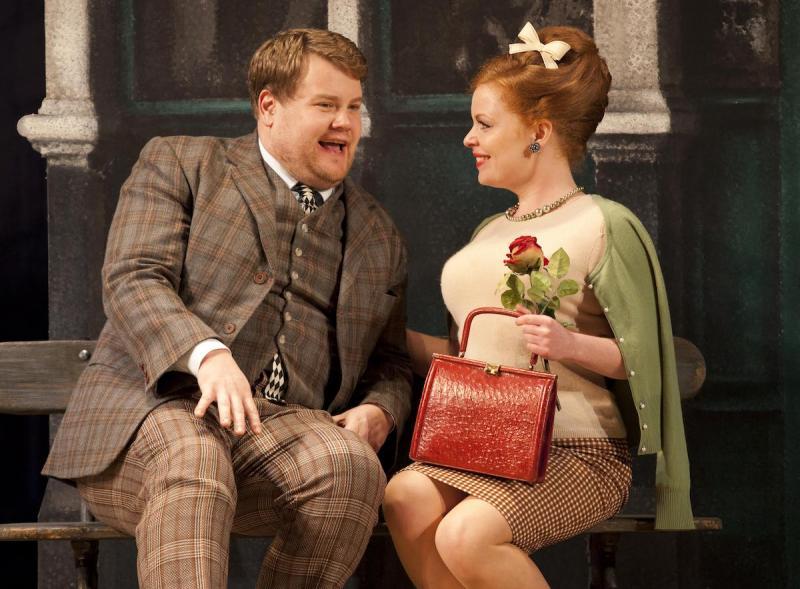Originally produced by London’s National Theatre of Great Britain back in 2012 and later brought to Broadway’s Music Box Theatre the same year, this side-splitting farce was available, free of charge, on the small screen via YouTube.
As if from a front-row seat, you’d be seeing a live performance of this major hit, filmed before a London audience.





